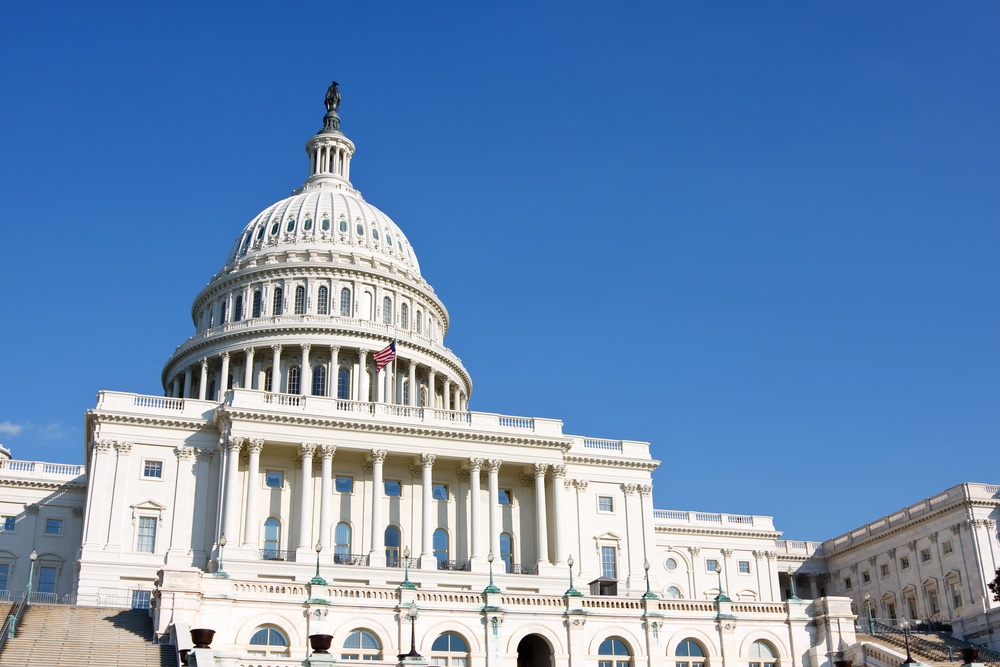Big ‘I’ Submits Comments on Health Compensation Disclosure Requirements

By: Wyatt Stewart
The omnibus government funding legislation signed into law by President Trump in the final days of 2020 included new health insurance agent compensation disclosure requirements.
The statute established distinct health insurance compensation disclosure mandates for both group health plans and the individual market and will apply to contracts executed on or after Dec. 27 between an agent or broker and a health insurance issuer.
The group health plan requirements, which are discussed in more detail in a Big “I” summary developed several months ago, apply directly to insurance producers and consultants and will be administered by the Department of Labor (DOL). The Big “I” and certain other major producer groups have met with DOL officials and submitted a joint comment letter to the federal regulators, but no regulatory guidance from the Department has been issued so far.
In September, the Department of Health and Human Services (HHS) published a proposed regulation that once finalized, will implement the individual market disclosure obligations that fall within its regulatory purview. In response to this proposed rule, the Big “I” submitted comments to HHS last week.
The mandates outlined in the proposed HHS regulation apply to health insurance issuers that offer individual coverage or short-term, limited-duration insurance and would require a company to disclose the direct and indirect compensation provided by the issuer to a producer for enrolling individuals.
The rule proposed by HHS would require these disclosures to be made to all potential or new policyholders prior to plan selection and to be included in any documentation confirming the initial enrollment. The disclosures must include specific commission levels, explain the qualifying thresholds for the payment of bonuses or other indirect compensation, and provide additional documentation identifying direct or indirect compensation not otherwise addressed. In addition, issuers would also be required to provide these disclosures again as part of any plan renewal notice.
The proposed regulation also includes an annual reporting requirement for health insurers. It would require a company to report the total amount of direct and indirect compensation paid in the preceding year to an agent and broker for enrolling individuals in health coverage or short-term, limited-duration insurance to HHS.
In comments to HHS, the Big “I” stated its opposition to the original legislation while noting that these statutory requirements will impose new burdens and costs on the insurance industry without benefiting consumers or lowering insurance costs.
The Big “I” also made clear that it understands that HHS is acting at the explicit direction of Congress and appreciates that the proposed regulation points out that issuers are the parties responsible for compliance and presumes that issuers will be the entities providing compensation disclosures on documentation confirming enrollment and on renewal notices. However, in its comments, the Big “I” urged HHS to reiterate that these new individual market requirements and the costs of compliance associated with them apply to issuers.
The Big “I” will continue to provide updates on this important issue as HHS and DOL provide additional information.
Wyatt Stewart is Big “I” assistant vice president of federal government affairs.










